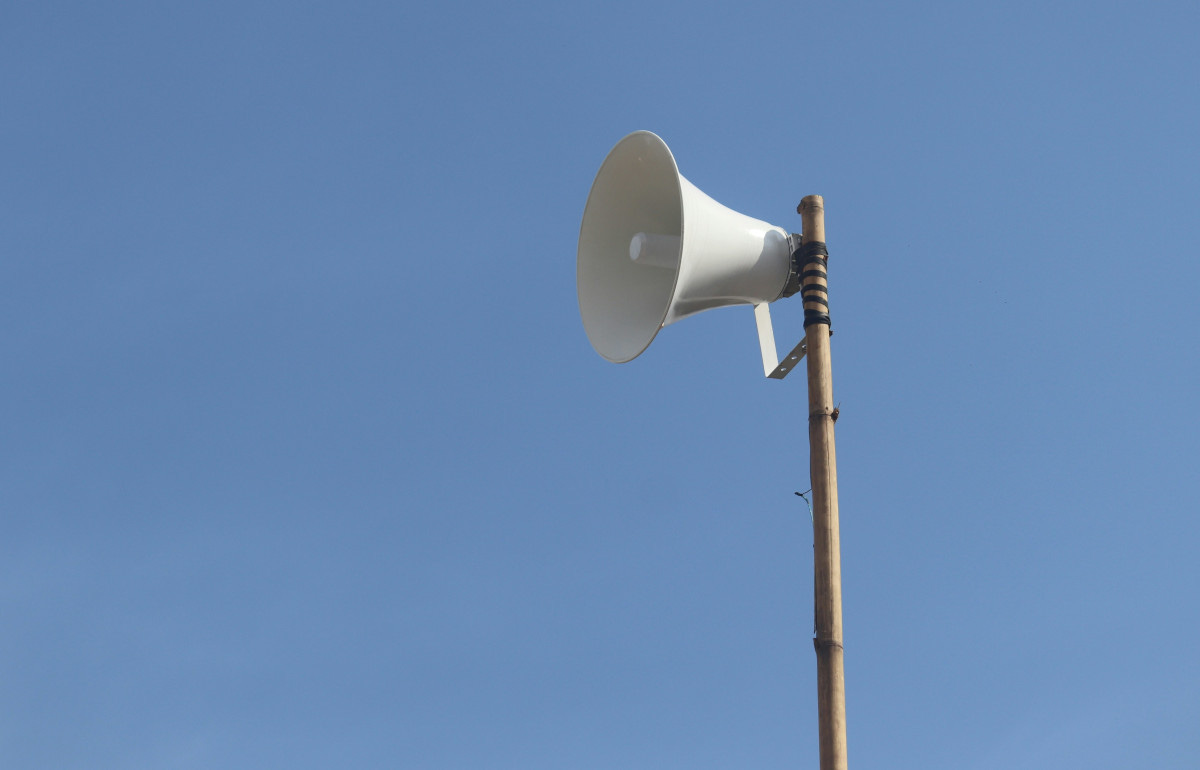Top court rejects case involving prayers over loudspeakers at state-sponsored football games
Dispute began in 2015 with championship game between two Christian schools

The U.S. Supreme Court has during recent years allowed an expansion of the role of religious in public schools. But yesterday the court turned an attempt by a Christian school in Florida to take that expansion even further by requiring that a prayer to be read over the public-address system at government-sponsored school athletic contests if a religious school requests it.
The case was Cambridge Christian School v. Florida High School Athletic Association, in which the school had filed a lawsuit after it and another Christian school were denied the ability in 2015 to have a public-address prayer read before a championship game between the school schools. The athletic association is a state-sponsored organization that oversees high school athletics in Florida.
The school was denied legal relief at a federal trial court and the 11th Circuit U.S. Court of Appeals. It then asked the Supreme Court earlier this year to review the appeals decision. But the top court yesterday included the school’s case in long list of appeals it had decided not to hear. The rejection of the appeal came without comment or dissent, as is typical when the court decides not to hear a case. For an appeal to proceed to a hearing, votes of four justices are needed; it is unknown how many justices, if any, wanted to hear this case.
The rejection wasn’t surprising, as the facts that led to the dispute no longer exist. Since the school filed its original case, the Florida Legislature has changed state law so that schools in a championship game are given a limited time to put their messages over the PA system — even if that message includes a prayer.
Attorneys for the school included several from First Liberty Institute, a conservative legal organization often involved in freedom-of-religion cases.
In asking for a Supreme Court hearing, the school based its appeal partly on the court’s 2022 decision in Kennedy v. Bremerton School District. In that well-publicized case, the court upheld the right of a high school football coach to publicly pray near the center of the football field after games. It also based much of its argument on Shurtleff v. City of Boston, a 2022 decision in which the court ruled unanimously that a Christian group’s rights were violated when it could not be one of many nongovernmental groups allowed to temporarily fly a flag over City Hall.
The school based its argument on both freedom-of-religion and free-speech grounds. It said that the PA system was used not just for for government-related announcements but also for private speech, such as advertisements for sponsors, and that it would be unconstitutional to treat religious speech different than nonreligious speech.
In its appeal to the high court, the school said that the Circuit Court ruling had:
… sharply departed from this Court’s teachings, opening the door for the reemergence of the very religious intolerance that this Court has endeavored to stamp out in a string of cases over the last two decades. If the Eleventh Circuit’s boundless version of government speech stands, state actors will be able to claim that virtually all private speech and religious exercise in a government setting lacks First Amendment protection.
In asking the court to reject the appeal, the FHSAA argued in part that the case was partially or wholly moot because:
... all participants in FHSAA championship games now have a statutory right to make a pregame statement of their choosing, including a prayer. The political branches have remedied the problem CCS brought this lawsuit to address without the need for judicial intervention. Thus, while this case involves issues that are important in the abstract, this Court’s review would produce little real-world impact beyond a fact-intensive analysis of circumstances that no longer exist.
If the dispute were to be decided on its merits, the FHSAA said the court should apply the findings in Santa Fe Independent School District v. Doe. In that 2000 case, the Supreme Court said that a school district’s policy permitting student-led, student-initiated prayer at football games violated the Establishment Clause of the First Amendment.

